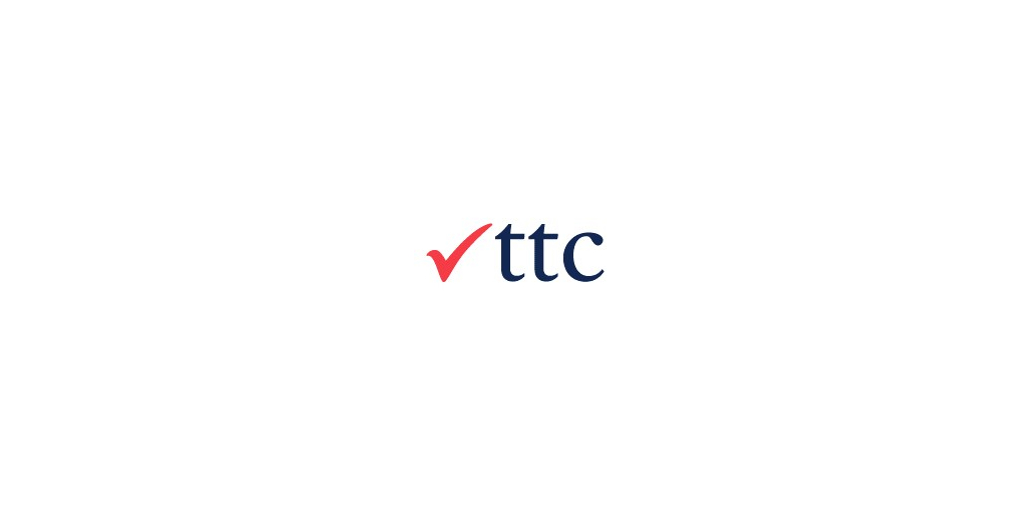Survey discovers that more than 50% of Americans have received incorrect medical test results for themselves or a loved one; 60% would trust AI supporting diagnoses
Ibex Medical Analytics Survey Highlights Patient Fear and Uncertainty Around Cancer Diagnoses
Abby Ramsay
Greenough Communications
aramsay@greenoughagency.com
Ibex Medical Analytics (Ibex), the leader in artificial intelligence (AI)-powered cancer diagnostics, today announced the findings of its inaugural Patient Insight Report on Cancer Diagnostics. The survey explores patients’ perceptions of receiving medical diagnoses, particularly for cancer. The survey results underscore the importance of advanced cancer diagnostic technologies, as well as accurate test results, and gauges respondents’ comfort with AI.
“Patients should never have to question the validity of their test results; it’s scary enough to endure the burden of wondering if their life is about to change due to a pending cancer diagnosis,” said Joseph Mossel, CEO at Ibex. “The findings of our inaugural survey emphasize the urgent need for a united, steadfast commitment by all stakeholders to innovation and patient care to transform the standards of cancer diagnosis because we, as the healthcare community, owe patients accurate and timely test results every time.”
Key findings from the report, conducted online from August 1 to 5, 2024, with 2,000 U.S. adults, reveal that:
Americans harbor fear about cancer diagnoses
Many Americans are worried about cancer, including fears about receiving a cancer diagnosis and, potentially, a misdiagnosis. Overall, 62% of Americans are concerned that they or a loved one will be diagnosed with cancer in the near future. Additionally, over half of the respondents (51%) reported being concerned that they or a loved one will receive a misdiagnosis of not having cancer when they do, with Gen Z (55%), Millennials (60%), and Gen X (50%) more likely than Baby Boomers (39%) to have these concerns.
Trust in the diagnosis is paramount for patients
Regarding patients’ views on the use of diagnostic technology, approximately nine in 10 (89%) respondents reported a need for better technology to help diagnose cancer, with a majority (60%) reporting feeling comfortable with AI supporting their doctor in making their cancer diagnosis. Patients are also willing to invest in another set of eyes, with 80% reporting a willingness to pay for a second opinion from a specialist in the specific type of cancer being evaluated.
“The data underscores the critical need for both patients and providers to have access to the best possible resources in cancer diagnostics. Patients expect top-notch care and technology, and AI-powered diagnostics and digital pathology are essential tools in meeting these expectations today,” said Mossel.
Receiving incorrect test results happens at an alarming rate
Over half (59%) of respondents or their acquaintances have received incorrect medical test results. Notably, 7% reported that either they or a loved one received a negative diagnosis when it was actually cancer, and 6% were wrongly diagnosed with cancer. These figures reinforce concerns about the accuracy of the diagnostic process.
Despite these issues, 88% of respondents remain mostly confident in the accuracy of their results. While 85% believe cancer diagnoses are generally correct, 68% typically do not seek a second opinion on medical test results. This lack of follow-up underscores the critical need for advanced diagnostic technologies to ensure accuracy, as obtaining a second opinion on a negative test result isn’t always a priority.
Wait times are a major source of anxiety
In addition to accuracy, the results also validated a need for greater efficiency in the diagnostic process, with 50% reporting feeling anxious about prolonged wait times for receiving cancer test results. Additionally, 80% of respondents reported that waiting for medical test results is very stressful. Of note, 88% of respondents agreed that there should be a way to speed up cancer testing so they can get the results in a day or so.
The survey, commissioned by Ibex, garnered insights from 2,000 U.S. adults aged 18 and older. To learn more about its findings, download the Patient Insight Report on Cancer Diagnostics.
For additional information, please visit ibex-ai.com, LinkedIn and X.
About Ibex Medical Analytics
Ibex Medical Analytics is transforming cancer diagnostics with world-leading clinical grade AI-powered solutions for pathology. Empowering physicians and supporting pathologists, Ibex is on a mission to provide accurate, timely and personalized cancer diagnosis for every patient. Ibex is the first and most widely deployed AI-powered platform in pathology. Pathologists worldwide use Ibex as part of their everyday routine to improve the accuracy of cancer diagnosis, implement comprehensive quality control measures, reduce turnaround times, and boost productivity with more efficient workflows.
The Ibex suite includes solutions which are for Research Use Only (RUO) in the United States and not cleared by the FDA. Multiple solutions are CE marked (IVDD and IVDR) and registered with the UK MHRA. For more information, including indication for use and regulatory approval in other countries, contact Ibex Medical Analytics.
View source version on businesswire.com: https://www.businesswire.com/news/home/20240925425189/en/
 Business wire
Business wire 









Add Comment